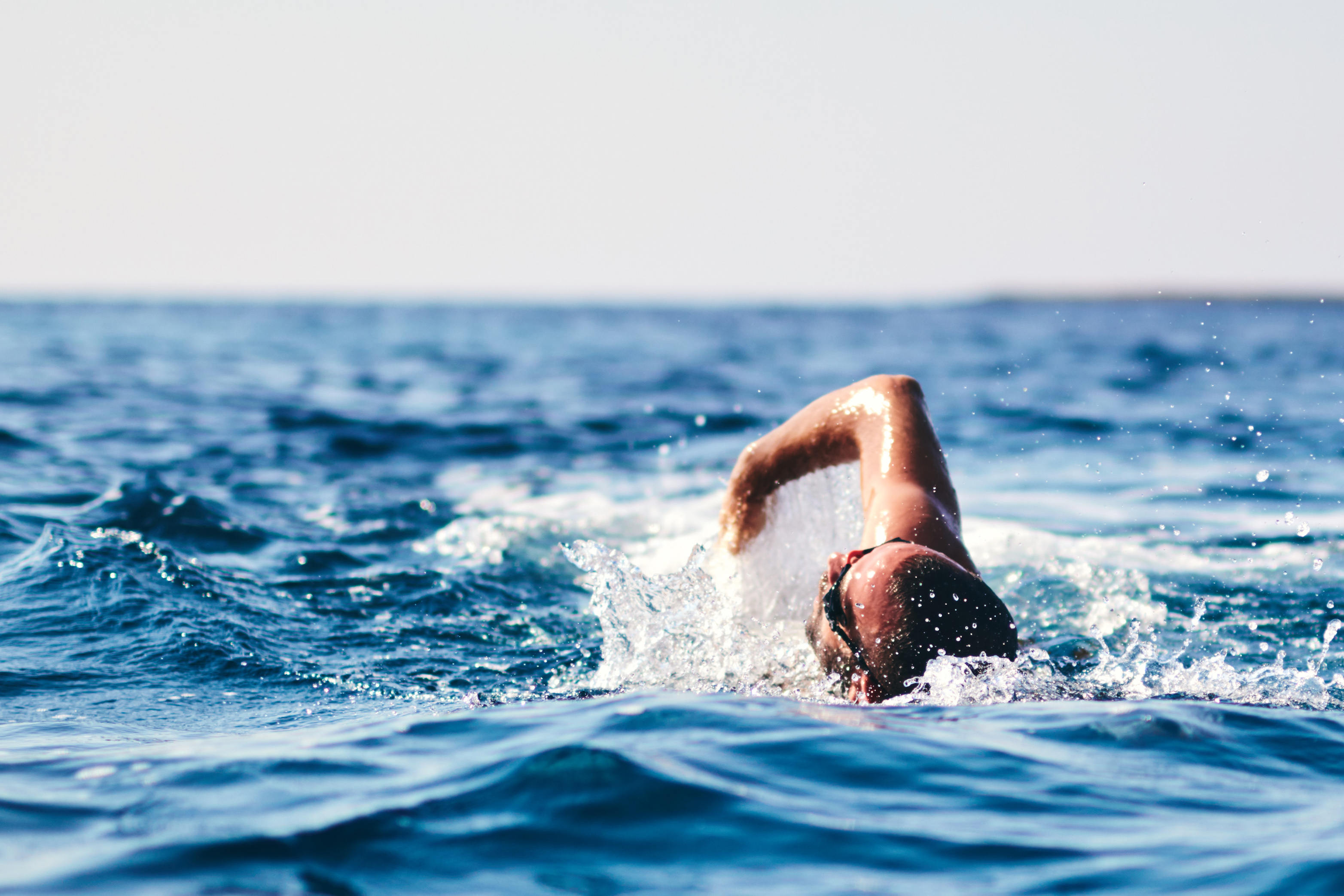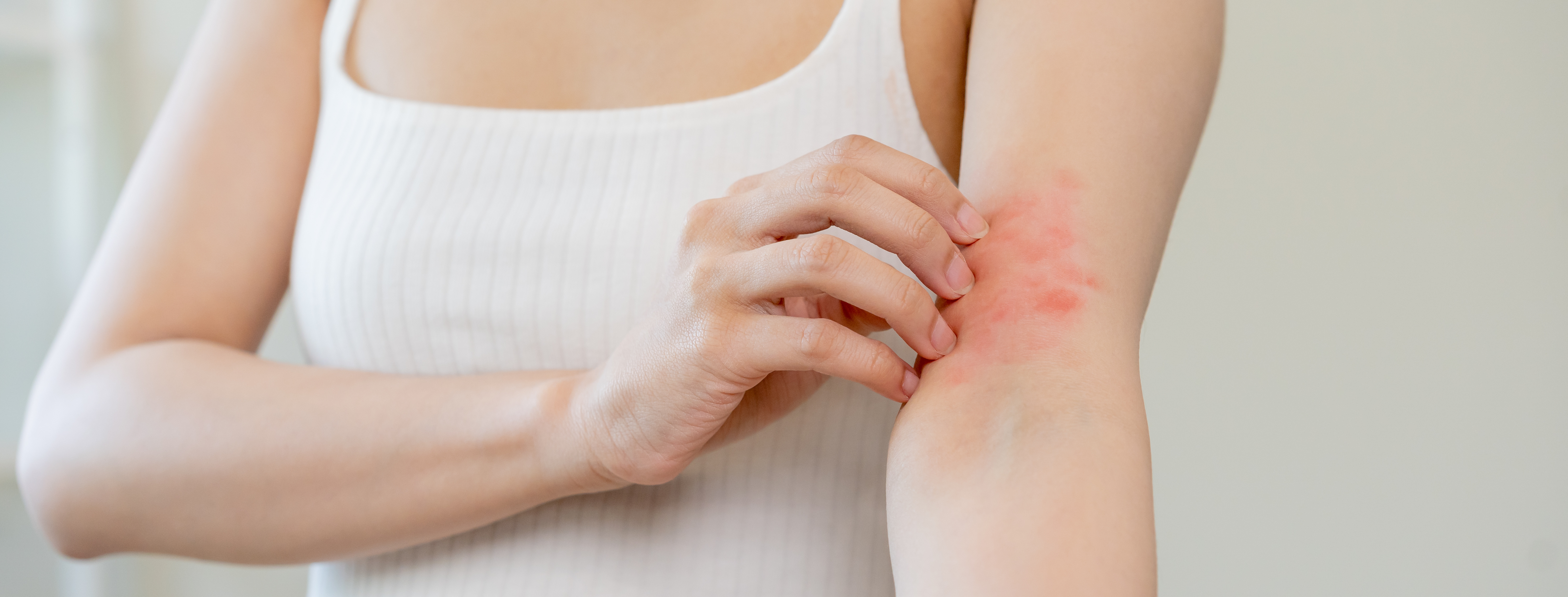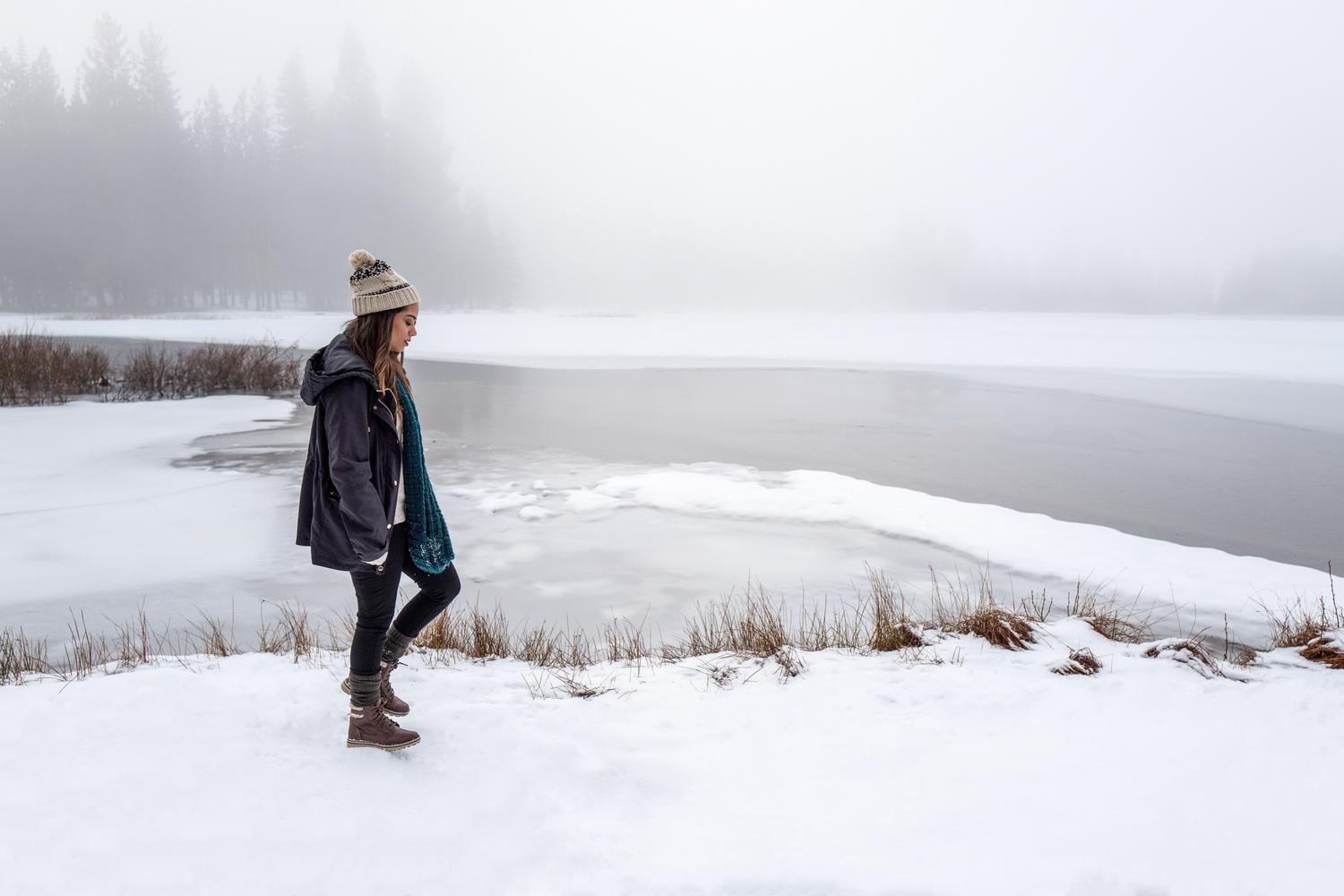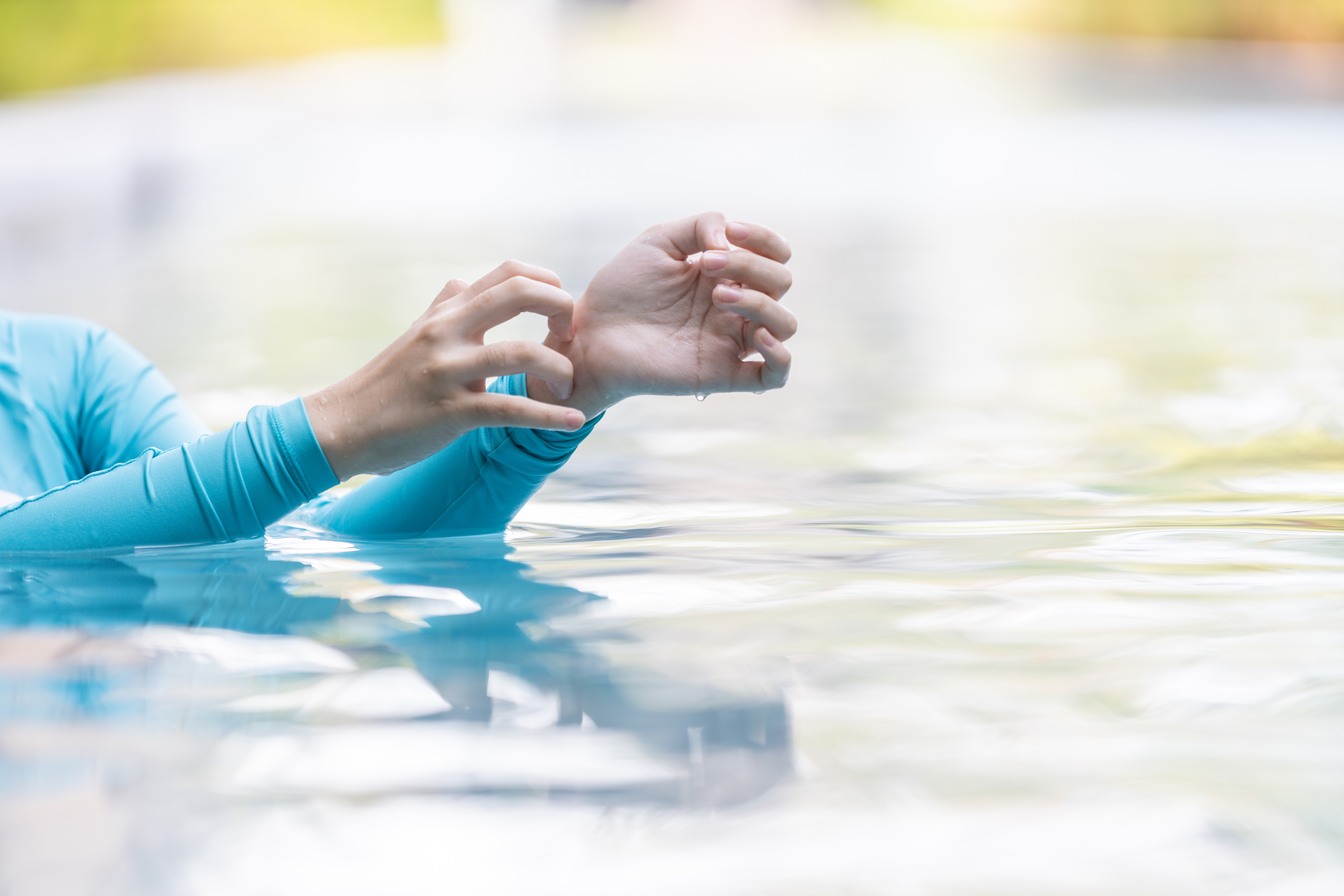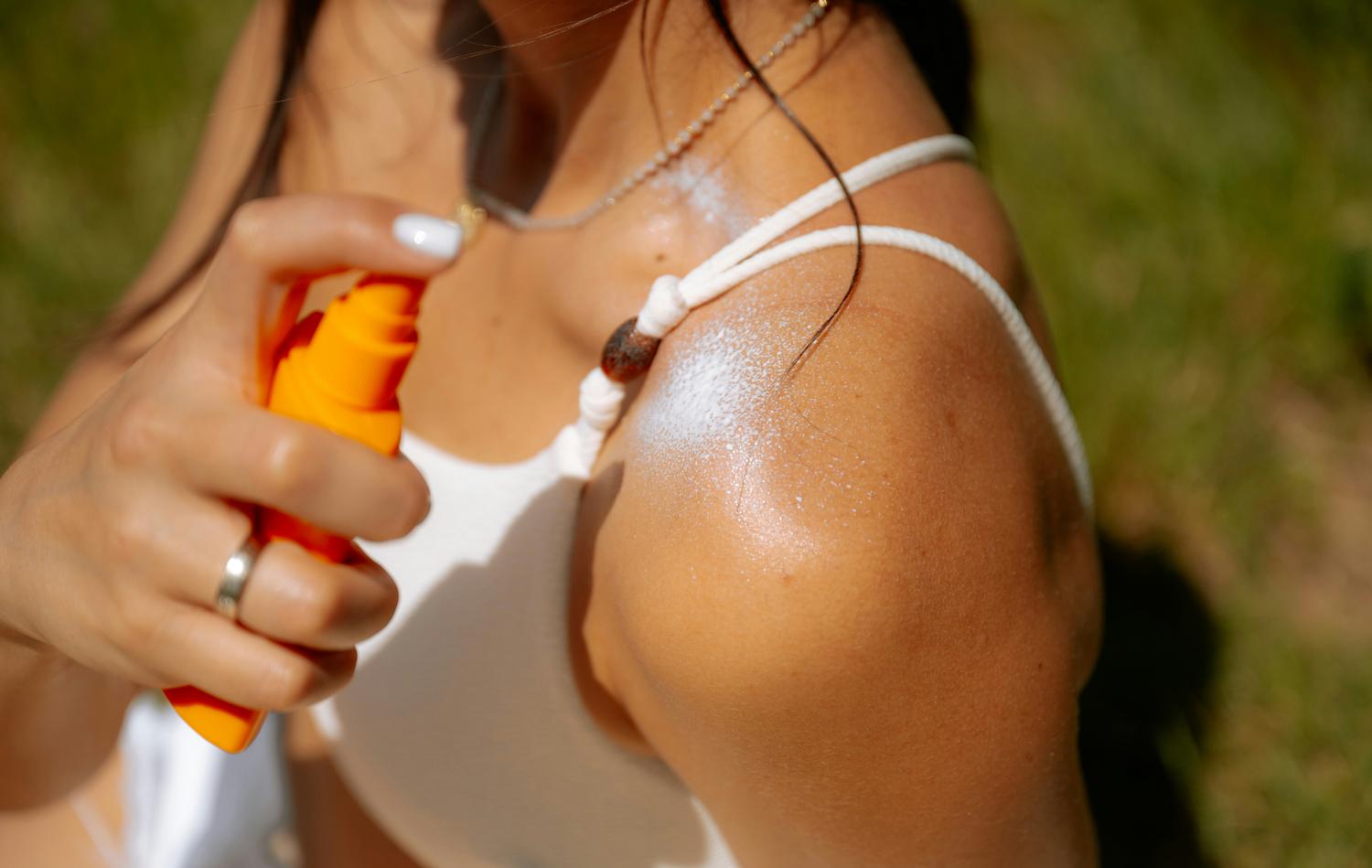Be Cool: Summer High-Temp Health Tips
Easy-to-follow strategies for staying healthy and safe in warm weather
School’s out, the weather’s warm, and the living is easy. These summer months are perfect for outdoor adventures and soaking up as much sunshine as possible. Unfortunately, they’re also ripe for sunburns, dehydration, and other health problems that pause your plans.
We want you and your family to get the most out of your summer activities. Whether heading to the beach, hiking, or tackling yard work, these simple safety tips can help you stay healthy and safe in high temperatures.
Skin Safety
No one wants to think about skin cancer while relaxing on the beach, but protecting yourself from the sun’s rays can help reduce your risk of developing melanoma by as much as 40%. The Skin Cancer Foundation recommends that men, women, and children over six months of age wear sunscreen daily.
Some tips to protect your skin this summer include:
- Use a broad-spectrum, water-resistant sunscreen with at least SPF 30 daily (regardless of how much time you spend outdoors or whether it is sunny or cloudy).
- Use a weather app or website to check the day’s UV index. The UV index is a standardized international scale measuring harmful sunlight radiation. The higher the UV index, the more susceptible you are to overexposure and sun damage, putting you at greater risk for skin cancer later in life.
- Wear protective clothing, wide-brimmed hats, and sunglasses when going outside.
- Stay out of the sun between 10 a.m. and 2 p.m.
Hydrate
With increased outdoor time spent in hot weather, it becomes crucial to maintain hydration. Even if you aren't thirsty, drink plenty of fluids throughout the day. You should also avoid sugary, caffeinated, or alcoholic beverages, as these substances all have diuretic properties. A diuretic removes fluid from the body via urine. Drinking excessive amounts of these beverages can actually dehydrate you further.
The U.S. National Academies of Sciences, Engineering, and Medicine recommend the following water intake for adults:
- 15.5 cups (3.7 liters) of water for men
- 11.5 cups (2.7 liters) of water for women
The American Academy of Pediatrics recommends the following water intake for children:
- 4 cups of fluid for children between 1–3 years of age
- 5 cups of fluid for children between 4–8 years of age
- 7-8 cups of fluid for children over 8
In addition to monitoring your and your child’s fluid intake throughout the day, you should watch for the symptoms and signs of dehydration.
The symptoms of dehydration include:
- Dizziness
- Lightheadedness
- Headache
- Fatigue
- Dark-colored or strong-smelling urine
- Dry mouth
- Less frequent urination
Symptoms of dehydration in babies include:
- Fewer wet diapers
- A sunken soft spot on the baby’s head
- No tears when crying
- Fatigue
Staying Cool
Heat-related illnesses are common during the hot summer months, especially in people who are often outside or are physically active.
Common forms of heat-related illnesses include:
- Heat stroke
- Heat exhaustion
- Heat cramps
Signs and symptoms of heat-related illness include:
- Dizziness
- Muscle cramps
- Nausea
- Vomiting
- Fatigue/ tiredness
- Confusion
- Rapid heartbeat
Tips to combat heat-related illnesses include:
- Check the temperature before going outside, and dress accordingly
- If the temperature is high, consider delaying outside activities during the hottest hours of the day (10 a.m.–2 p.m.)
- Go indoors or to a cool, shaded area immediately upon noticing the signs and symptoms listed above
- Maintain hydration throughout the day
- Remove excess clothing and drench skin with cool water when heat-related symptoms appear
- Do not stay in a hot car. In addition, do not lock children or pets in a hot car for any amount of time
Older adults, young children, and people with chronic diseases are particularly susceptible to heat-related illnesses. If you or someone in your family is at increased risk of heat exhaustion, you should be especially diligent about resting, hydrating, and minimizing excessive physical activity during hot weather.
Water Safety
Nothing beats the heat like taking a dip. Swimming, an essential summertime activity, can be dangerous for children when water safety practices aren’t adequately adhered to. Drowning is the leading cause of death for children between 1–4 years old. In the United States, there are an average of 11 deaths caused by drowning and 22 nonfatal instances of drowning per day. Over half of all drownings among people older than 15 years occur in natural water (like lakes, rivers, and oceans). However, most instances of children drowning occur in home swimming pools.
Essential swimming and water safety practices include:
- Never swim alone
- Do not swim after consuming alcohol or using recreational drugs
- Never leave a child unsupervised around any body of water (even an inflatable “kiddie” pool)
- Stay within arms-distance of a child or toddler who is in or near water
- Wear proper flotation equipment (like a lifevest) while doing any sort of boating activity
- Wear flotation equipment if you or your child are not strong swimmers
- When swimming at a beach, only swim in designated lifeguard areas while the lifeguard is on duty
- Do not swim at night
- Do not dive into any body of water headfirst
- Walk carefully into open natural waters (like a lake or ocean)
If a group of people (especially children) is swimming, designate an adult “water watcher” to keep an eye out for anyone struggling to swim or swimming dangerously. Drowning can happen quickly, so ensuring someone is ready to help immediately can minimize the risk of drowning.
Few pleasures are simpler or more fulfilling than a long summer day outside. Whether swimming, hiking, or barbecuing, the summer months are perfect for making lasting memories with your friends and family. Getting outdoors is even good for your health. Use the tips above to maximize the warm weather months healthfully and safely.



